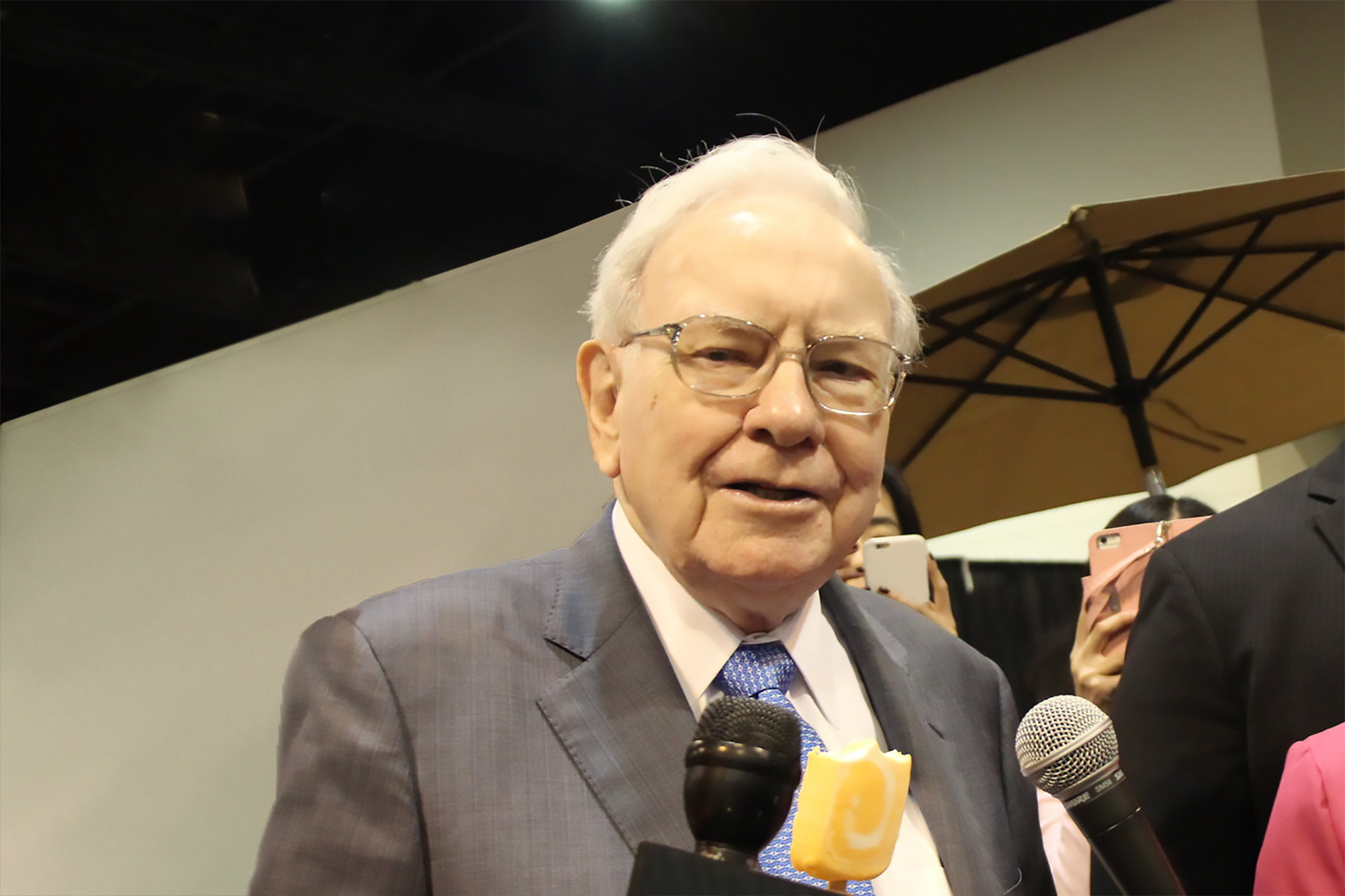Buy-and-hold investing is both a simple and very effective way to grow your long-term wealth. Not only does this approach require far less time and effort than more active trading, it has been shown to be far more profitable for the vast majority of people. But having a solid strategy is only half the battle. Picking the right stocks to buy -- companies you can count on to perform well and generate solid returns over the long term -- is even more important.
In order to help our readers get off to the best start in their long-term investing journey, we asked three investors to put forth some of their favorite "buy and hold" stock ideas. They came back with credit card and lending giant American Express Company (AXP 0.44%), global entertainment stalwart Walt Disney Co (DIS +0.23%), and integrated energy supermajor Total SA (ADR) (TOT +0.00%).
Keep reading to learn more about what makes these worth buying and holding, even through the many changes the world is likely to see in the decades to come.

Image source: Getty Images.
The past -- and future -- of payments
Jason Hall (American Express): Cryptocurrency has gotten a lot of attention as the "future of money" in recent years. And even after the sharp drop in cryptocurrency values over the past several months, the digital monies -- or at least the underlying blockchain technology -- still has very real prospects.
However, what's getting lost in the shuffle is that there are already some incredibly well-established companies -- like American Express -- that deal with multiple currencies around the world and facilitate payments between merchants, customers, and financial institutions every day. Furthermore, the currency is only part of it, since global consumer and business credit is a multitrillion-dollar industry.
And it's growing at a high rate. The global middle class is set to add a couple of billion new members in the next several decades, while advances in technology will connect essentially all of those new middle-class consumers with the modern economy, utilizing smart mobile devices to conduct transactions of all kinds.

No matter the currency, AmEx is set to be a global payments and credit winner. Image source: Getty Images.
With one of the most recognized consumer brands in the world and strong ties with millions of global merchants, financial institutions, and consumers already, American Express is positioned to be a major participant in what will be a much bigger digital economy, no matter the currency consumers prefer.
Trading at less than 14 times 2018 earnings estimates today, American Express is a good buy right now. With a future practically littered with opportunity, I can't think of very many companies I'd rather own in the decades to come.
In an industry driven by fads, this company has some serious staying power
Chuck Saletta (Walt Disney): The entertainment industry is known for creating fads -- short-term pop culture hits that come and go. Yet the Walt Disney Company has properties with heritages that date back decades that are still going strong today. Mickey Mouse, for instance, can be traced back to 1928. Star Wars, now itself a Disney property, has over 40 years under its own belt, with a 1977 original screening date. Additionally, many Disney princesses have stories dating back centuries.
For a company to be worth holding for decades, it has to provide its investors with a legitimate reason to believe it will last that long. With a heritage that dates back as long as Disney's does, and a proven track record of keeping that heritage relevant as times change, Disney certainly looks capable of lasting for decades to come. In addition, Disney isn't afraid to acquire the properties and talent it needs to compete, giving further support to its staying power even when it doesn't create the magic all by itself.
Perhaps even better for investors thinking about purchasing shares of the entertainment titan today, Disney's shares trade at a reasonable price. Disney's stock fetches around a mere 14 times its forward earnings. With those earnings expected to grow by nearly 12% annualized over the next five years, long-term investors buying now have a great chance of seeing decent returns over time on their purchase.
From oil supermajor to gas and electricity utility?
Maxx Chatsko (Total): Today, investors know French energy giant Total as one of the largest oil and gas producers on the planet. It produced 2.7 million barrels of oil per day in the first quarter of 2018 and has generated $3 billion in free cash flow in the last 12 months. It's poised to become a leading player in the global market for liquefied natural gas (LNG), thanks to a network of regasification and liquefaction facilities that circumnavigates the globe.
However, one day, investors will be forced to acknowledge that Total is no longer just an oil company. That day could come sooner than many think, and it could prove to be a great opportunity for long-term investors.
Total is probably the most serious oil supermajor when it comes to investing in clean and green technologies. However, it's taking a practical approach to a renewable future, which includes a lucrative steppingstone: becoming a gas and electric utility. The company has wasted no time laying the groundwork in Europe, as demonstrated by the recent $1.6 billion acquisition of utility Direct Energie.

Image source: Getty Images.
The evolving business model toward electric and gas distribution makes sense. Today, liquid petroleum fuels power transportation. Tomorrow, electricity will provide the energy for getting from point A to point B. In other words, for oil companies such as Total to maintain their piece of the global transportation energy supply, they'll need to transform into utilities. And since each electric vehicle is estimated to require 3 megawatt-hours of electricity per year, that's not a bad idea.
So, although it might seem ridiculous to own one of the largest oil companies on the planet for decades, especially given the rise of renewable energy and electric vehicles, it's not quite as crazy as it seems. After all, oil supermajors have the luxury of enormous cash flow streams, which will help them to pivot relatively quickly. Total's aggressive yet pragmatic strategy to evolve with energy markets makes it a comfortable buy for ultra-long-term investors. A 4.6% dividend yield doesn't hurt, either.








